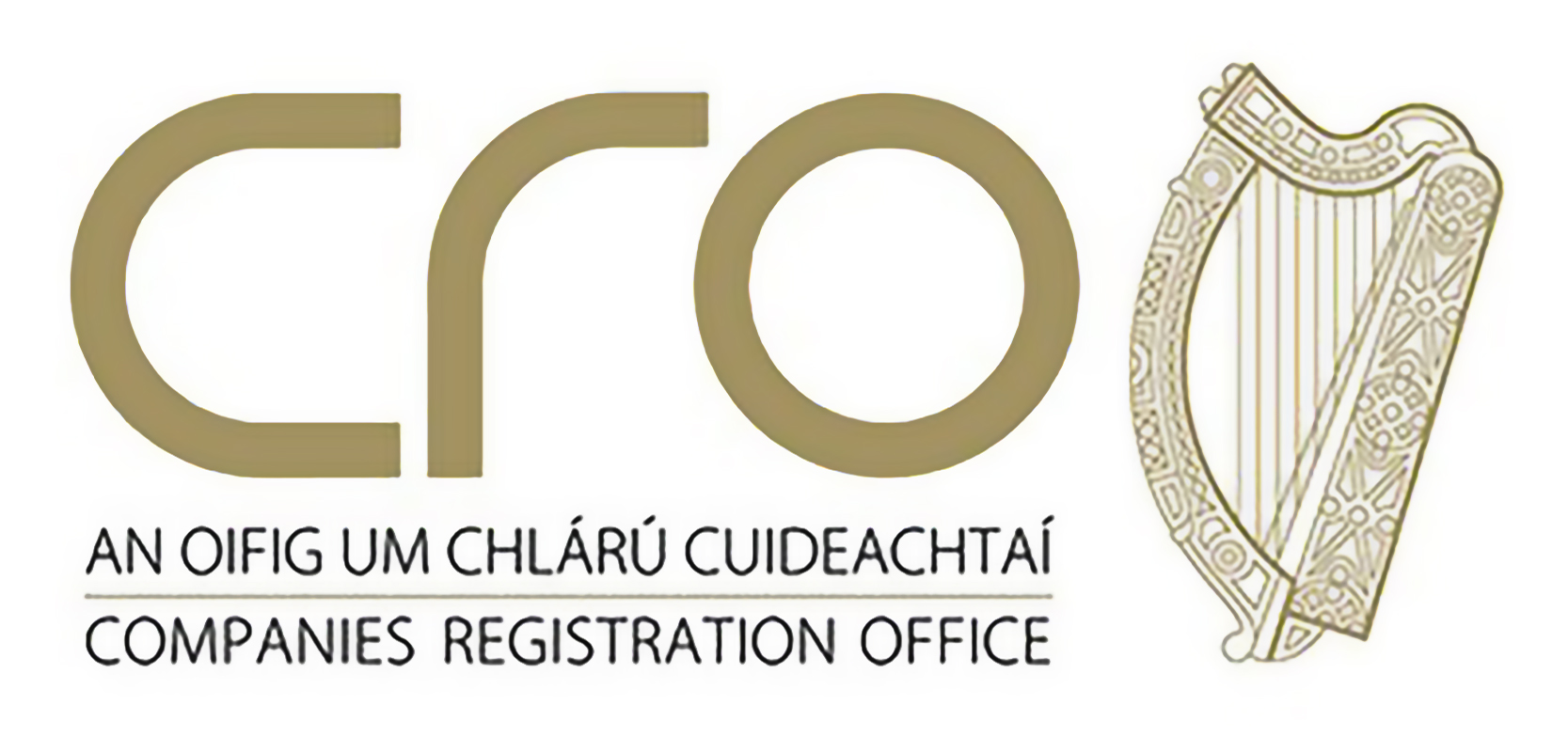
What Is An Insolvency Service Of Ireland Search? – An Ellis & Ellis Explainer
What is the Insolvency Service of Ireland (ISI)? The Insolvency Service of Ireland (ISI) is an independent statutory body established on 1 March 2013 under the provisions of the Personal Insolvency Act 2012. It is responsible for administering and supervising the operation of the various personal insolvency solutions as prescribed in the said act. The objective of which is ‘…to restore insolvent persons to solvency….’. What registers do the Insolvency Service of Ireland (ISI) maintain? If successful in reaching an agreement with their creditors, the personal details and type of debt solution debtors have agreed are recorded in relevant registers




























